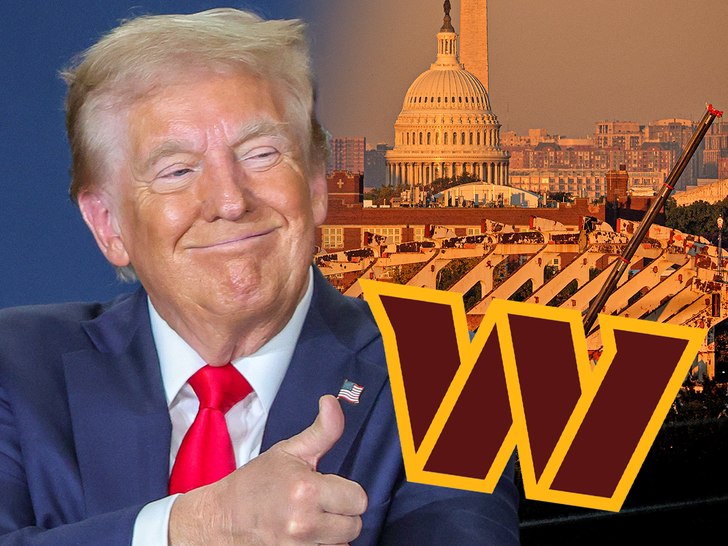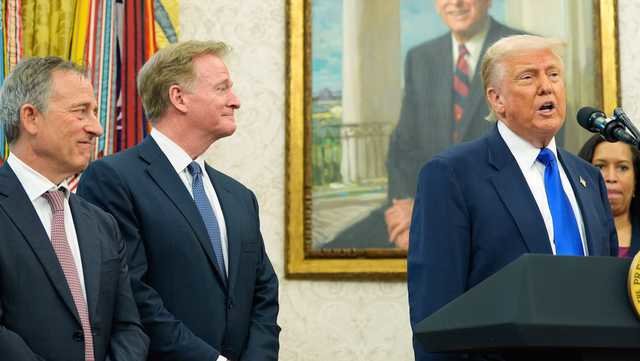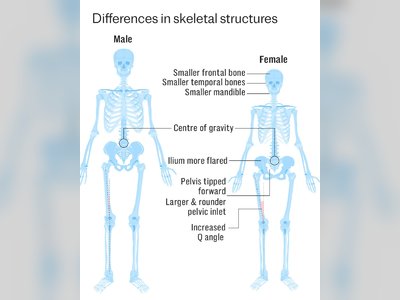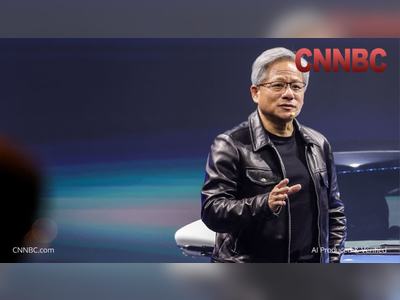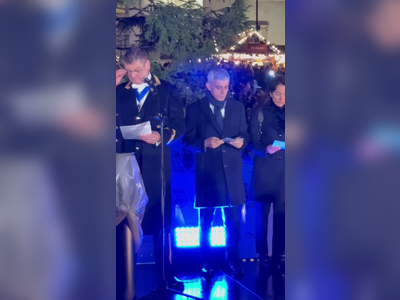White House Endorses Naming New Washington Commanders Stadium After Trump
Administration calls it “beautiful” to name the $3.7 billion D.C. venue after President Trump as the ownership deal moves ahead
The White House stated on Saturday that naming the forthcoming stadium of the Washington Commanders after President Donald Trump would be “a beautiful name,” following reports that Mr Trump has privately requested the stadium bear his name.
The proposed venue, with a price tag of around $3.7 billion, is slated for the site of the former Robert F. Kennedy Memorial Stadium in Washington, D.C., and is expected to open in 2030.
White House Press Secretary Karoline Leavitt said: “That would surely be a beautiful name, as it was President Trump who made the rebuilding of the new stadium possible.” These remarks came after an intermediary informed the team’s ownership that Trump would like the naming to proceed.
The Commanders, currently playing at the stadium in Landover, Maryland, have not officially commented.
The District of Columbia’s mayor’s office likewise declined to comment.
Under the stadium agreement announced in April, the team is committing approximately $2.7 billion while the city contributes around $1.1 billion for the stadium and surrounding mixed-use development along the Anacostia River.
Approval of the name will still require sign-off from the team, the District of Columbia Council and relevant federal agencies, as the land was formerly controlled by the National Park Service.
The team holds the right to sell naming rights but this potential naming after an individual would mark a significant departure in NFL precedent, where corporate sponsors typically acquire naming rights.
Mr Trump is expected to attend the Commanders’ home game on Sunday against the Detroit Lions as a guest of owner Josh Harris.
He may use the appearance to reinforce his role in the partnership and the naming ambitions.
Meanwhile, the deal remains one of the largest economic development projects in Washington’s history and is seen as a major asset for Mr Trump’s real-estate branding legacy.
If carried through, the stadium name would reinforce the president’s pattern of attaching his brand to large-scale projects and exerting influence on infrastructure negotiations.
How the naming rights are structured, whether utilising a hybrid corporate/individual naming model, and how local stakeholders respond remain key variables in the evolving story.
The proposed venue, with a price tag of around $3.7 billion, is slated for the site of the former Robert F. Kennedy Memorial Stadium in Washington, D.C., and is expected to open in 2030.
White House Press Secretary Karoline Leavitt said: “That would surely be a beautiful name, as it was President Trump who made the rebuilding of the new stadium possible.” These remarks came after an intermediary informed the team’s ownership that Trump would like the naming to proceed.
The Commanders, currently playing at the stadium in Landover, Maryland, have not officially commented.
The District of Columbia’s mayor’s office likewise declined to comment.
Under the stadium agreement announced in April, the team is committing approximately $2.7 billion while the city contributes around $1.1 billion for the stadium and surrounding mixed-use development along the Anacostia River.
Approval of the name will still require sign-off from the team, the District of Columbia Council and relevant federal agencies, as the land was formerly controlled by the National Park Service.
The team holds the right to sell naming rights but this potential naming after an individual would mark a significant departure in NFL precedent, where corporate sponsors typically acquire naming rights.
Mr Trump is expected to attend the Commanders’ home game on Sunday against the Detroit Lions as a guest of owner Josh Harris.
He may use the appearance to reinforce his role in the partnership and the naming ambitions.
Meanwhile, the deal remains one of the largest economic development projects in Washington’s history and is seen as a major asset for Mr Trump’s real-estate branding legacy.
If carried through, the stadium name would reinforce the president’s pattern of attaching his brand to large-scale projects and exerting influence on infrastructure negotiations.
How the naming rights are structured, whether utilising a hybrid corporate/individual naming model, and how local stakeholders respond remain key variables in the evolving story.

